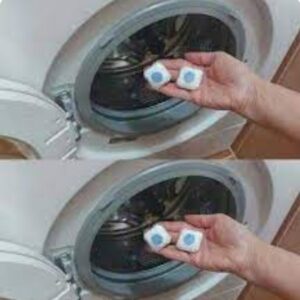High blood pressure, or hypertension, is a widespread chronic condition impacting over a billion people globally. Often called the “silent killer,” it typically shows no symptoms while progressively damaging vital organs. Without early detection and management, it can lead to life-threatening complications such as heart attacks, strokes, kidney failure, and heart disease. Many individuals remain unaware they have it until a serious health crisis occurs.
Blood pressure measures the force of blood against artery walls, recorded as systolic (heart beating) over diastolic (heart resting) pressure. A healthy reading is around 120/80 mmHg, while readings consistently over 130/80 mmHg indicate hypertension. Prolonged high pressure forces the heart to work harder and can damage arteries, limiting blood flow to organs like the brain and kidneys.
Hypertension is influenced by several risk factors, including poor diet, lack of physical activity, obesity, smoking, excessive alcohol use, chronic stress, and family history. Health conditions like diabetes or kidney disorders can also contribute. In some cases, hypertension is secondary to other medical issues such as hormonal imbalances or organ dysfunctions.
Since hypertension often shows no early symptoms, routine screening is essential—especially for individuals over 40 or those with risk factors. Early detection through regular blood pressure monitoring can help prevent severe complications. Home monitoring devices are a convenient tool for keeping track between doctor visits.
Managing high blood pressure involves lifestyle changes and sometimes medication. Effective steps include following a balanced, low-sodium diet (like the DASH diet), exercising regularly, maintaining a healthy weight, avoiding tobacco, limiting alcohol, and managing stress. These adjustments can significantly reduce blood pressure and overall cardiovascular risk.
Working closely with healthcare providers ensures the best outcomes. Regular check-ups, medication adherence, and home monitoring can guide treatment decisions. With proper management, individuals with hypertension can lead healthy, active lives and prevent long-term complications.






